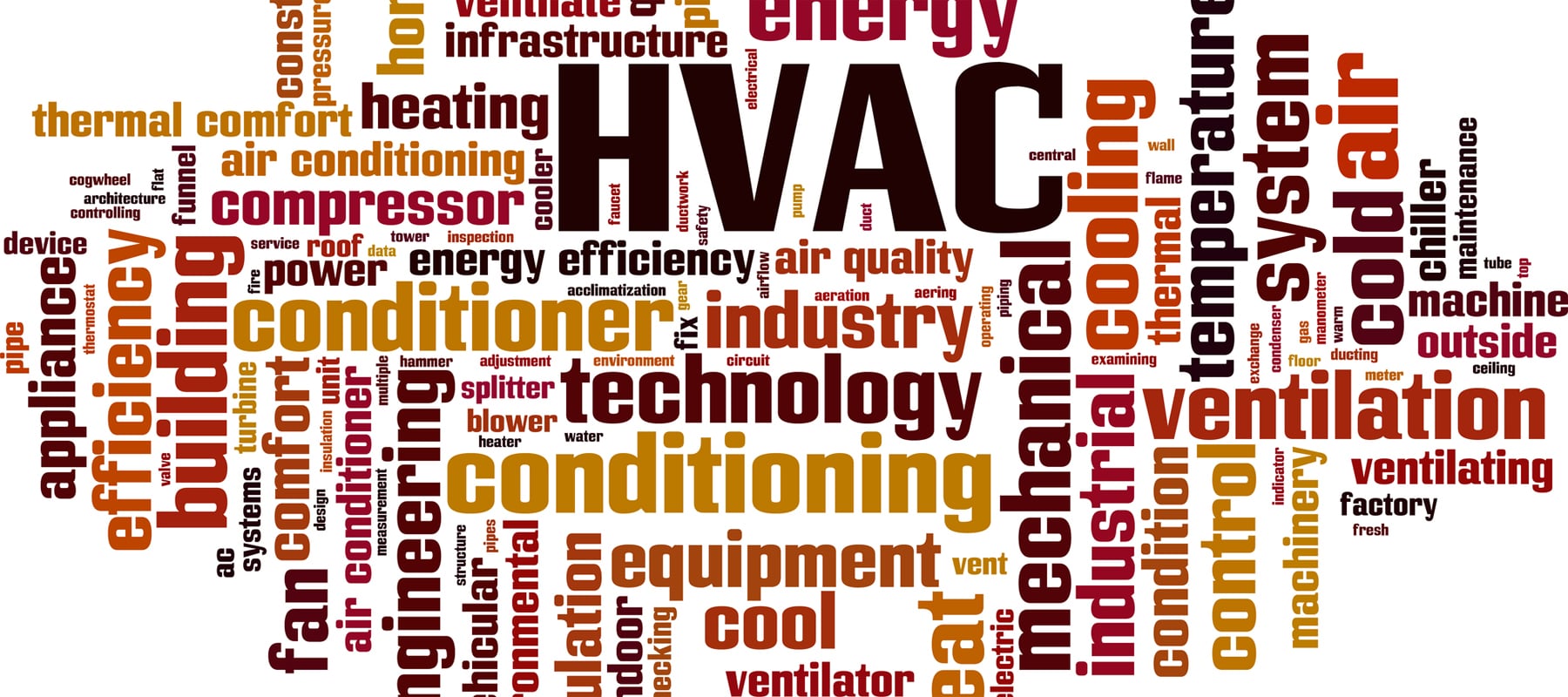How Much Does Central Heating Cost?
Last Updated: January 19, 2022
On This Page
When most people talk about central heating, they're referring to a forced-air system that uses a fossil fuel powered furnace and ductwork to distribute warmed air throughout the home. This type of heating system is installed in around 35 million American homes, and it's easy to see why. Central forced air heating systems provide excellent climate control, especially when combined with a humidifier and an air filter. In addition, a modern, energy efficient furnace can help to significantly lower your heating bills. To learn more about central home heating systems, including the cost of central heating, continue reading.
Central Heating System Considerations #
When considering the heating system that's right for your home, keep the following points in mind.
System Types
The efficiency of a heating system measures how much energy the furnace converts into heat, and how much is lost up the chimney. Federal energy standards enacted in 1993 mandate a minimum efficiency of 78 percent and as a result, today's central heating systems are either mid-efficiency (roughly 80 to 90 percent efficient) or high-efficiency (90 to 98 percent efficient). High efficiency central heating systems may cost $1,000 to $2,000 more than mid-efficiency systems, but you're likely to recoup the price difference in energy savings over time. A high-efficiency system is furthermore better for the environment.
System Size
The capacity of a furnace is measured in thousands of British Thermal Units (BTU) per hour. Choosing the correct furnace choice for your home is vital, as an undersized system will be unable to warm your home on the coldest days, and an oversized system will be inefficient and may actually suffer damage due to "short cycling" (frequently turning off and on) in the long term. A contractor will determine the central heating system size that is appropriate for your home.
System Fuel Source
Modern U.S. furnaces are powered predominately by natural gas, although liquefied petroleum gas (LPG, aka propane) and heating fuel oil are also common. Other fuel sources for central heating systems include wood and electricity. Your choice of fuel will likely come down to local availability and pricing, although for some, environmental and efficiency considerations are paramount. To learn more, check out what the U.S. Department of Energy has to say on selecting a heating fuel and system type.
Central Heating Average Costs #
Your actual heating system cost may vary depending on the local economy, the system size and components, whether there is existing ductwork, and how easy it is to install equipment (i.e. are the basement and attic accessible…do you have a crawlspace…do walls need to be removed for duct installation, etc.).
- If your home has existing, usable ductwork, central heating system costs should be $2,000 to $4,000 installed for a mid-efficiency furnace and $3,000 to $6,000 installed for a high-efficiency furnace. Bear in mind, however, that if ductwork is needed and/or there are other complications, these costs could double.
- Central heating system costs for new construction or a remodel could cost $10,000 to $15,000.
- Adding a second central heating zone could cost $1,000 to $2,000.
- Other extras include an air purifier (around $1,000) and a programmable thermostat (roughly $250 apiece).
- If upgrading to a higher-efficiency furnace, you may have to modify the chimney at a cost of $500 to $2,000.
Use Our Free Service and Find Central Heating Companies Near You #
s
